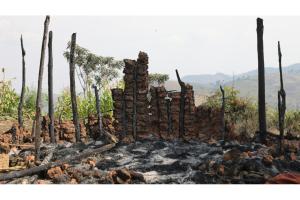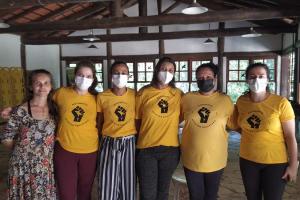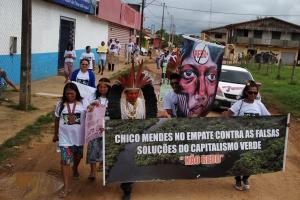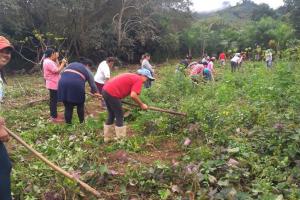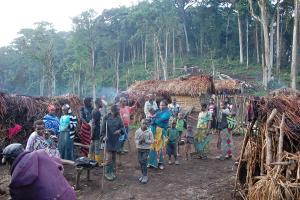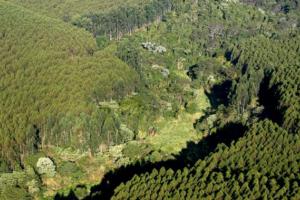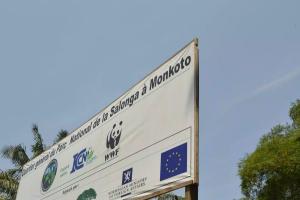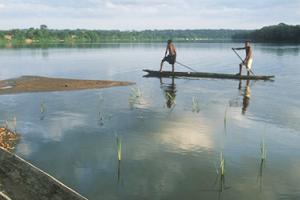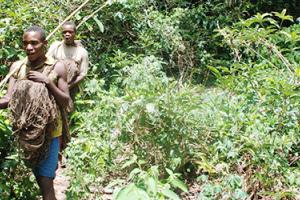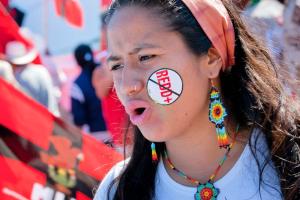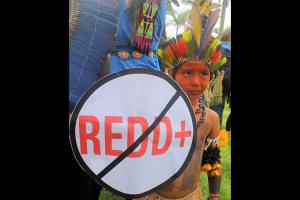Protected Areas
The 'parks without people' conservation model has its roots in the 19th century U.S.A. It has expanded worldwide and given rise to an elitist conservation industry dominated by big conservation NGOs. This model has become another major threat to the physical and cultural survival of forest-dependent communities, their knowledge and their traditional conservation practises.
The tens of millions of euros that the government of Acre received from the German government for its REDD+ program failed to stop deforestation. Despite this fact several Brazilian states continue to receive funds from the German government.
With the Covid-19 crisis, the initiatives of movements and collectives based on feminist economics have gained strength. Feminist economics leads us to reflect on the updated mechanisms of control, while continuing to affirm the capacity for resistance and reconstruction of bodies in movement.
A group of riparian Batwa people, exasperated by the extreme poverty following their eviction in order to establish the Kahuzi Biega National Park, decided to return to their ancestral forests. Since then, they regularly clash with the “eco-guards,” sometimes leading to the loss of human lives.
A key tactic for the giant pulp producer, Suzano S.A, to keep expanding its industrial eucalyptus plantations in Brazil, is to market itself as a company that practices “conservation” and “restoration.” This conceals its disastrous track record related to forest and forest-dwelling populations.
Serious abuses in DRC’s Salonga National Park at the hands of park rangers supported by funding from the WWF and a range of international donors are just the latest to be documented. This is a wider problem on human rights abuses and colonial interventions in forests.
Testimonies of community women impacted by carbon and forest conservation projects that today are included in the so-called Green Economy.
A story of the peoples of the Atlantic Forest in southern Brazil in a disputed territory where the green economy competes with community-based economies.
